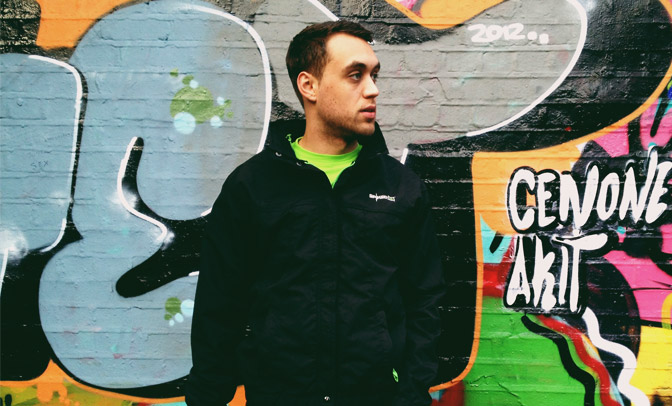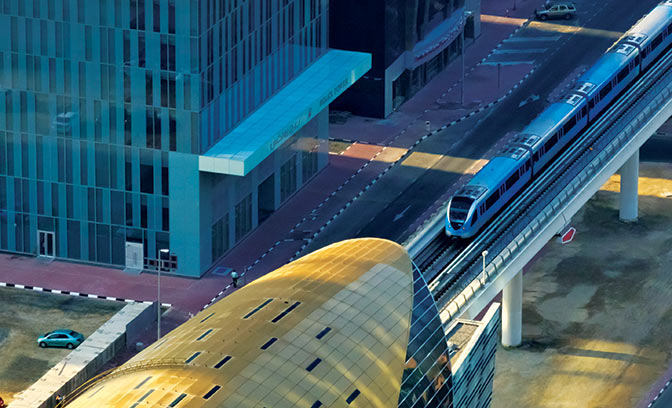Throwing drinks bottles into a recycling bin has become one of the most obvious and natural ways people can buy into the notion of a more sustainable world. What happens after the bottles are “harvested”, though, is rapidly becoming the basis for some of the most innovative and intriguing solutions to the planet’s finite resources. Next time, for example, you take a thirst-quenching swig from a bottle of water, consider this: you may end up wearing that bottle. For Dubai-based eco brand DGrade now has a comprehensive range of clothing made using the fibre from the recycled plastic.
And not horrible, plasticky clothing either. The plastic DGrade extract is the same used in polyester, so its own product line includes comfy shirts and T-shirts, hoodies and shorts – all of which will potentially be produced at a lower cost to garments made with traditional materials. “The company aims to develop the world’s first ‘Closed Loop’ manufacturing centre from bottle to finished garments in the UAE,” explains Director Kris Barber. “By doing this we will reduce our carbon footprint to zero, use local waste in our supply chain and reduce our costs so that we can be cost neutral or even cost negative to virgin Polyster.”
Some of the biggest brands in the world have begun to use DGrade’s technology, too, with Nike using the recycled yarn in its performance wear, and Marks & Spencer, Coca-Cola and Mars all lining up to use its fabrics.
DGrade are just one of a slew of companies across the world using recycled plastic in intriguing ways and there are even international competitions to encourage entrepreneurs to think more radically about the materials they use. Last year’s EPRO Best Recycled Product, for example, was such a simple idea it seems almost ridiculous that it’s not now commonplace in every office: a British recycling bin actually made from the products it collects. Second prize went to a German company, Vinylit, making wood-effect cladding for buildings, again out of recycled plastics.
The web testimonials for greenwarehouse’s winning uBin sum up why companies and organisations are buying into recycled products. Ealing Council in London noted that uBin had become the backbone of their environmental message, and Ikea were also impressed with a product which not only ties into their corporate social responsibility programs, but makes a lot of common sense.
After all, as the DGrade website explains, it can take thousands of years for a plastic bottle to decompose in a landfill site. Recycling three billion plastic bottles (and a staggering 51 billion go into landfill sites in the US alone) equates to saving over half a million barrels of oil and cuts out 400,000 tons of air emissions. So whether that bottle of water ends up being a bin, on the front of your house or indeed your next T-shirt, there really is no excuse not to recycle it in 2014.


